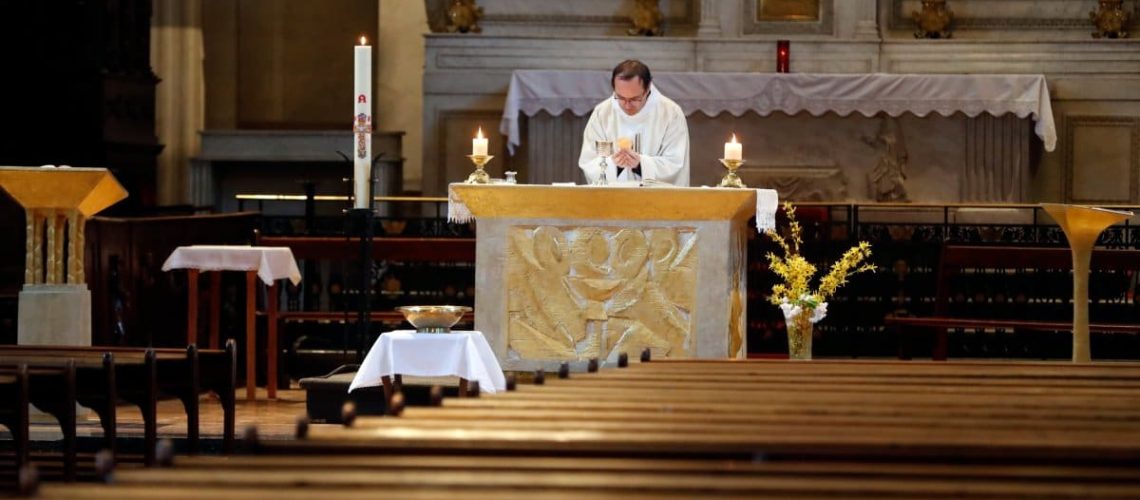Across the U.S., more and more people are saying goodbye to Sunday services. The reasons are varied, from scandal fatigue to the quest for more personal spiritual paths. What’s causing this mass exodus from the pews?
1. Who Needs a Label?

A growing number of people prefer not having a religious label at all. Recent polls show nearly a quarter of Americans identify as “nones”—they’re atheists, agnostics, or just not interested.
2. Too Much Politics
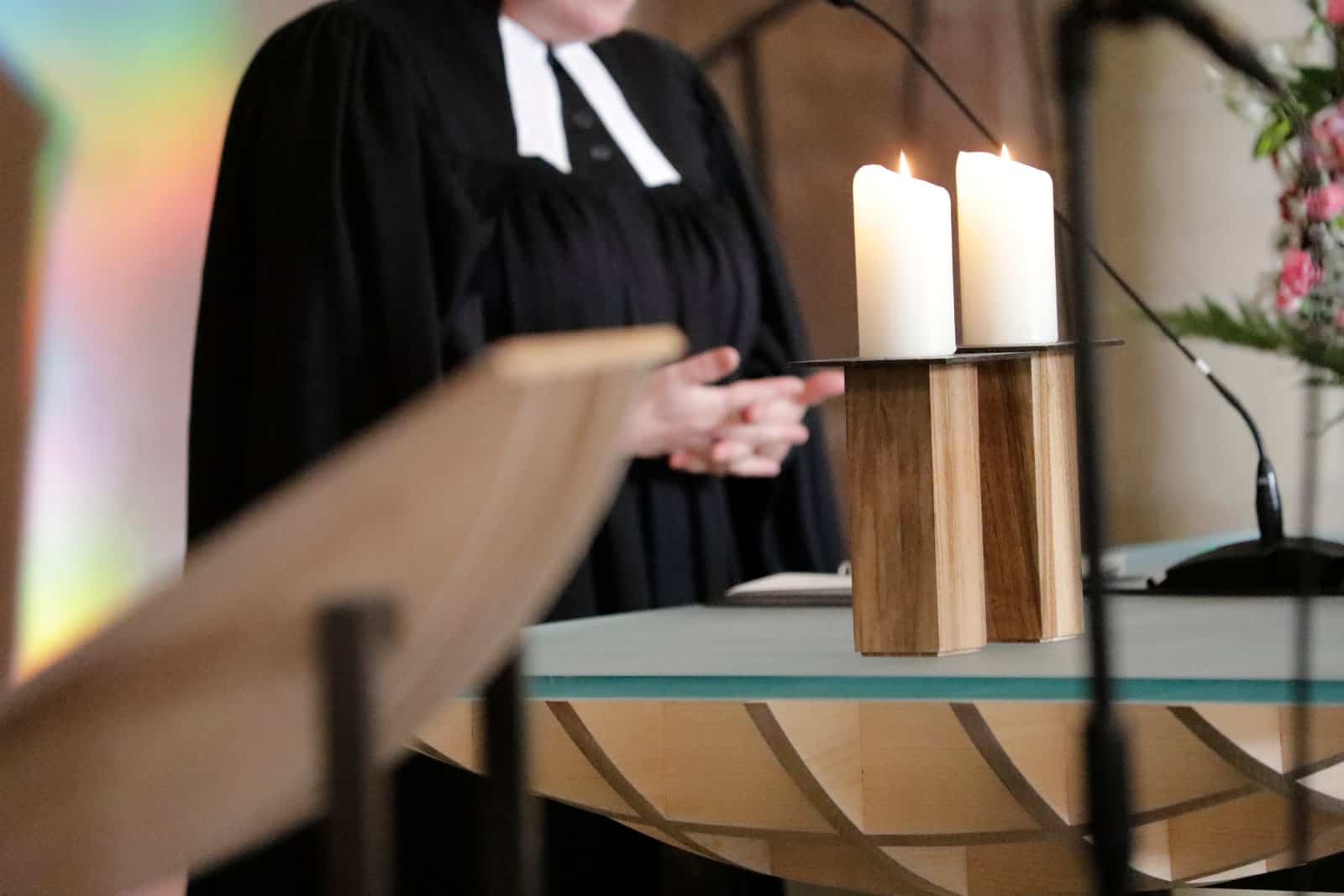
When churches start sounding like political rallies, some feel their spiritual needs aren’t being met. It’s a turn-off when faith gets too tangled up with partisan issues.
3. Scandal Fatigue
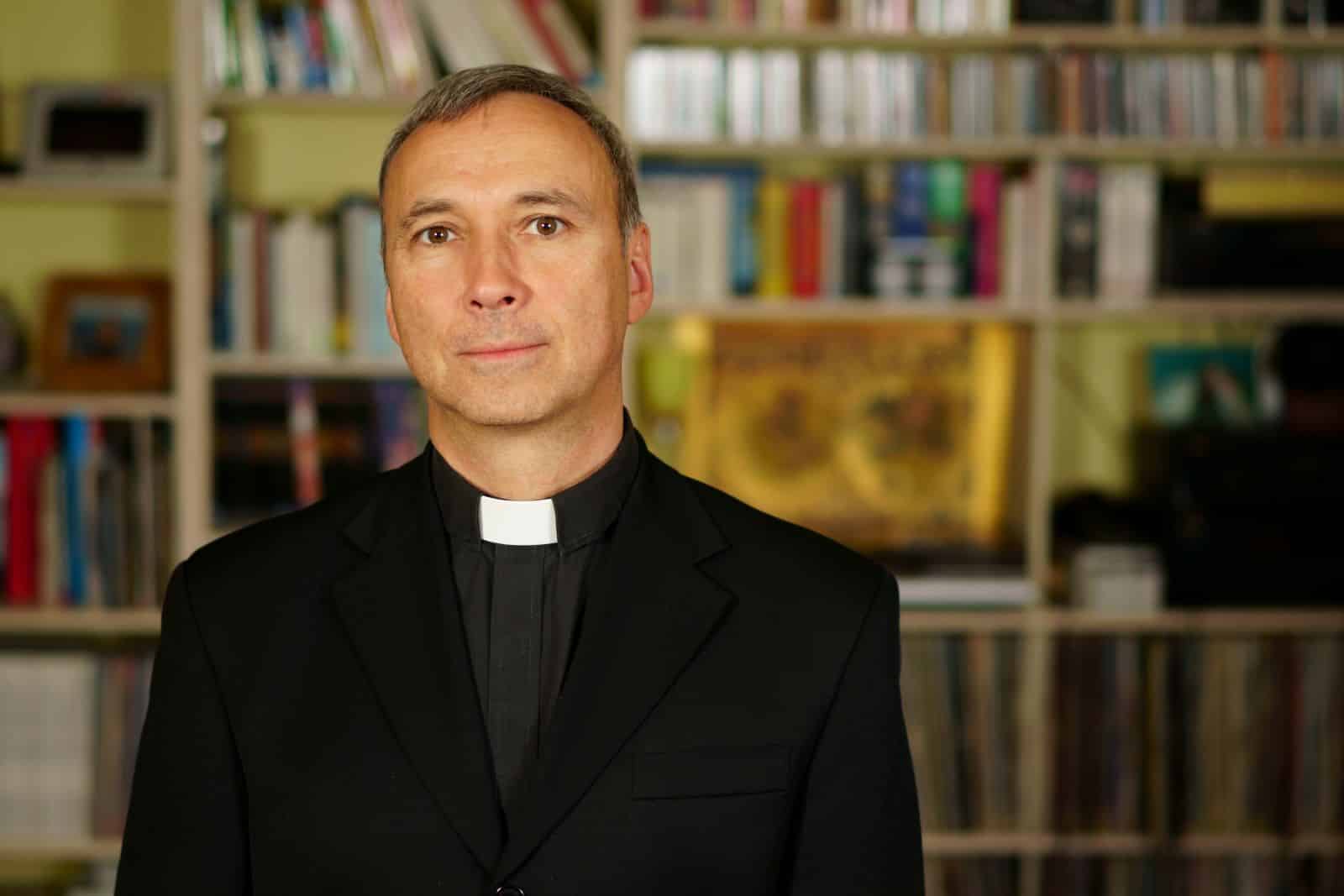
Scandals, especially those involving leadership, really shake trust. It’s hard to stand by organizations that don’t stand by their own rules.
4. Craving the Real Deal

Younger folks are all about keeping it real, and sometimes, traditional churches feel a bit staged. Many are searching for something that feels more genuine.
5. Going Solo

Instead of Sunday sermons, some choose a personal spiritual journey. It’s about finding your own path without the crowd.
6. Science Rules

As science answers more of our big questions, some of the mystical parts of religion don’t hold up as well. This can lead to doubts about what’s preached from the pulpit.
7. Social Justice Disconnect
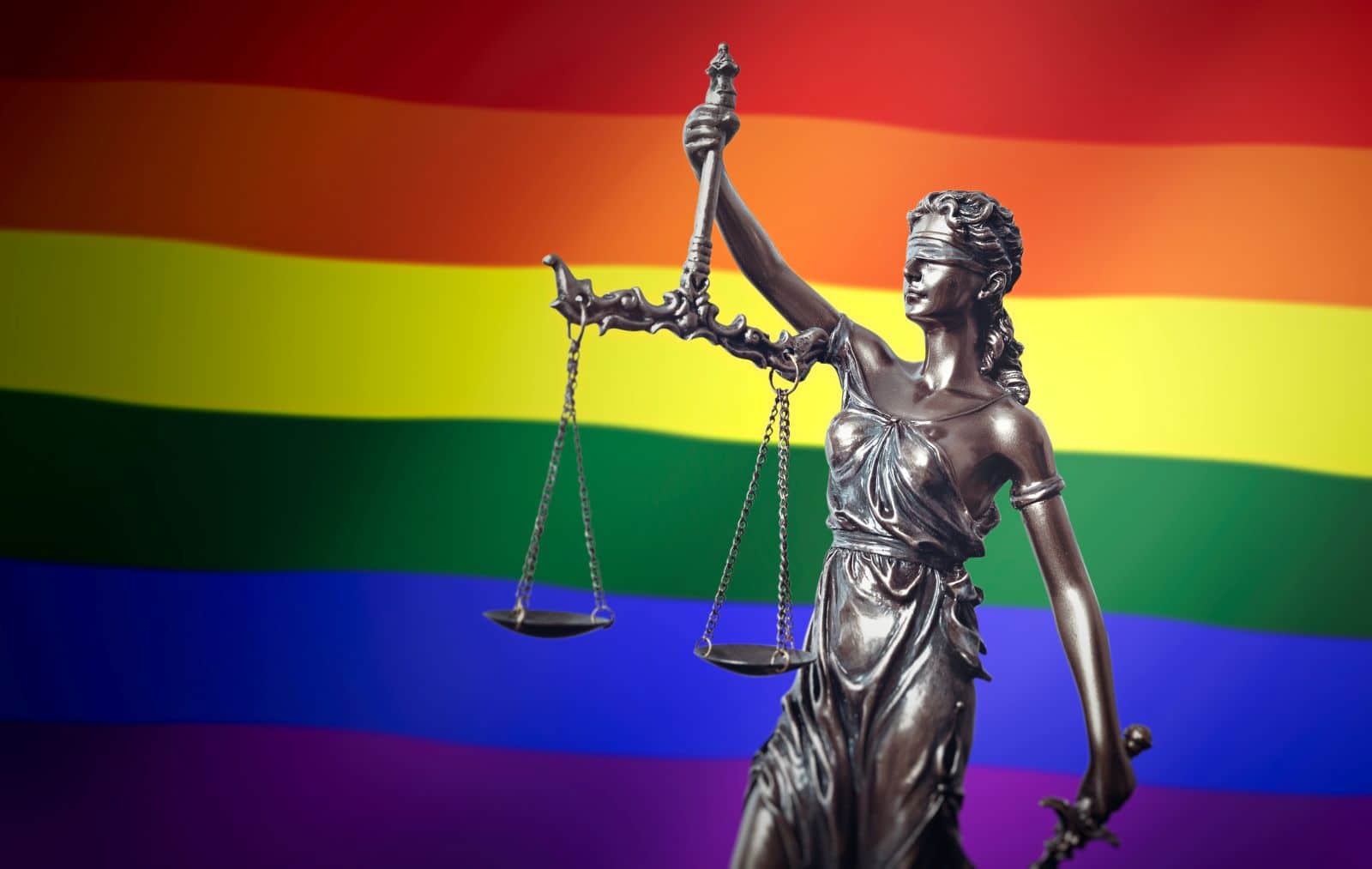
If a church isn’t actively supporting equality and justice, or worse, opposes it, many see that as a dealbreaker, especially on issues like race and LGBTQ+ rights.
8. Outdated Views

As society becomes more progressive, especially on gender and sexuality, some church teachings just don’t fit anymore.
9. Digital Age Gathering

Why sit in a pew when you can connect online? Digital communities are replacing the social functions of traditional churches for some.
10. Money Matters

Let’s be real—participating in church can mean opening your wallet, and not everyone feels comfortable with where the money goes or can afford to contribute.
11. New Faces, New Beliefs
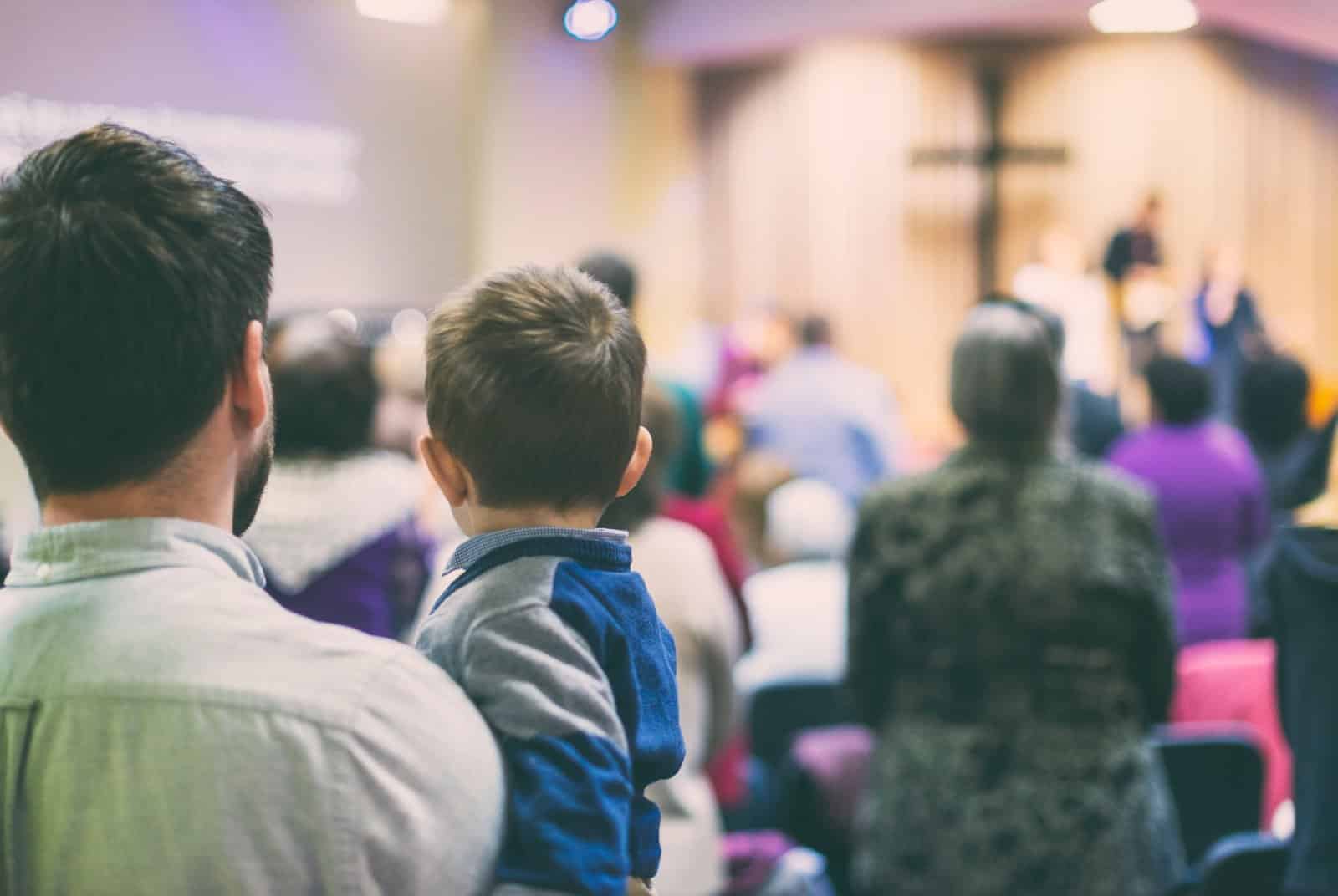
America is more diverse than ever, especially with second and third-generations of immigrants who might blend or shift away from their parents’ religious traditions.
12. Legal Tussles

High-profile court cases involving religious groups can push people away, especially when they involve hot-button topics like reproductive rights or school prayers.
13. Global Perspectives

Exposure to global cultures and religions can broaden one’s spiritual horizons beyond Christian norms, making traditional doctrines less appealing.
14. Pandemic Perspectives

How churches handled—or mishandled—the COVID-19 crisis left a sour taste for some, driving them away due to safety concerns or differing beliefs on the issue.
15. Family Diversity

Today’s families come in all shapes and sizes, and some feel that traditional church teachings don’t reflect their reality.
16. Youth Are Checking Out

Teens and twenty-somethings often find church irrelevant, seeing it as disconnected from their everyday lives and deeper existential questions.
17. Stuck in the Past
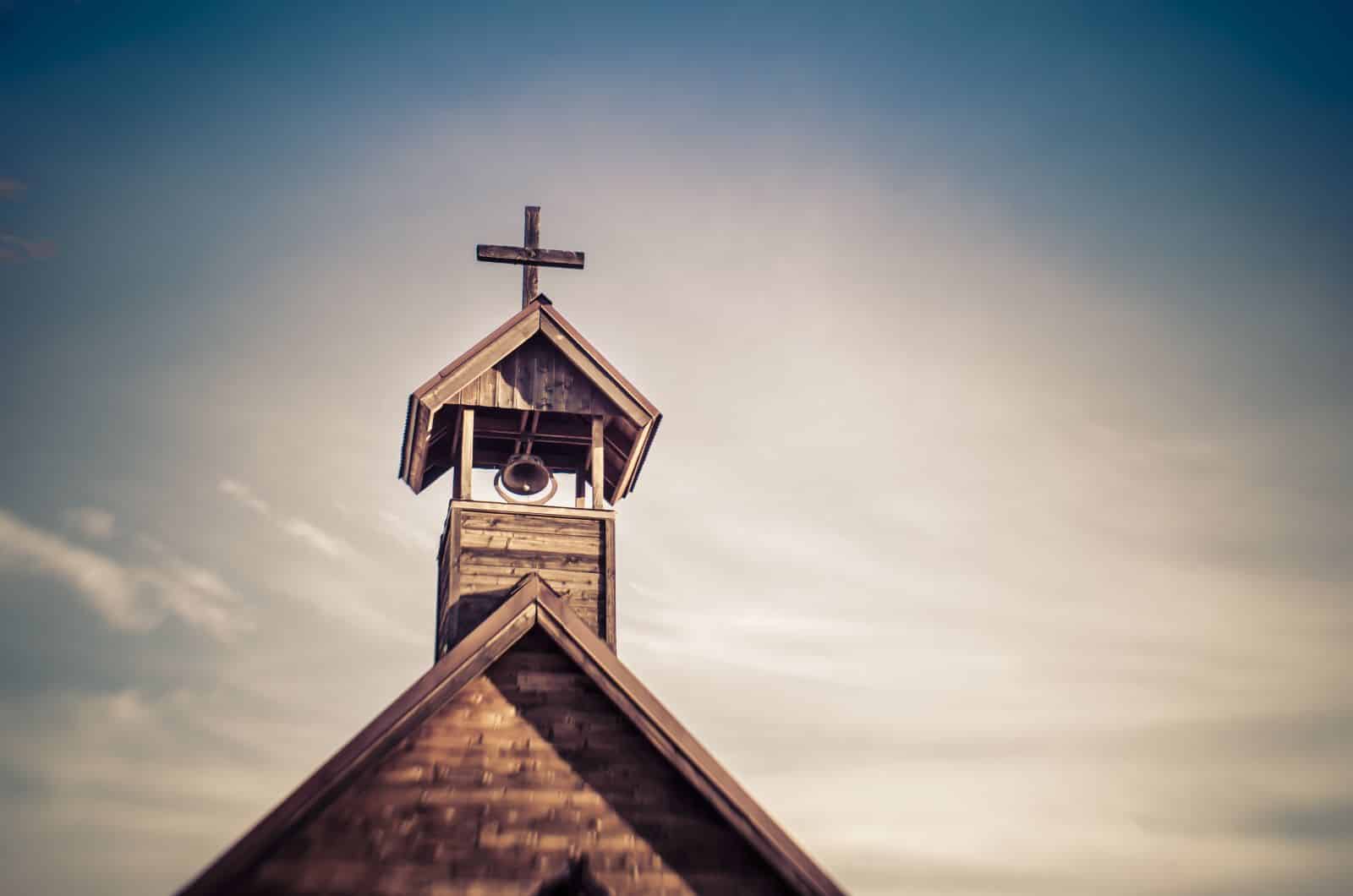
Churches that resist modernizing their services or music can seem out of touch, failing to capture the interest of a younger, more dynamic congregation.
18. On the Move

Frequent moves mean fewer community ties, making it hard to feel connected to a local church.
19. Inclusivity Is Key
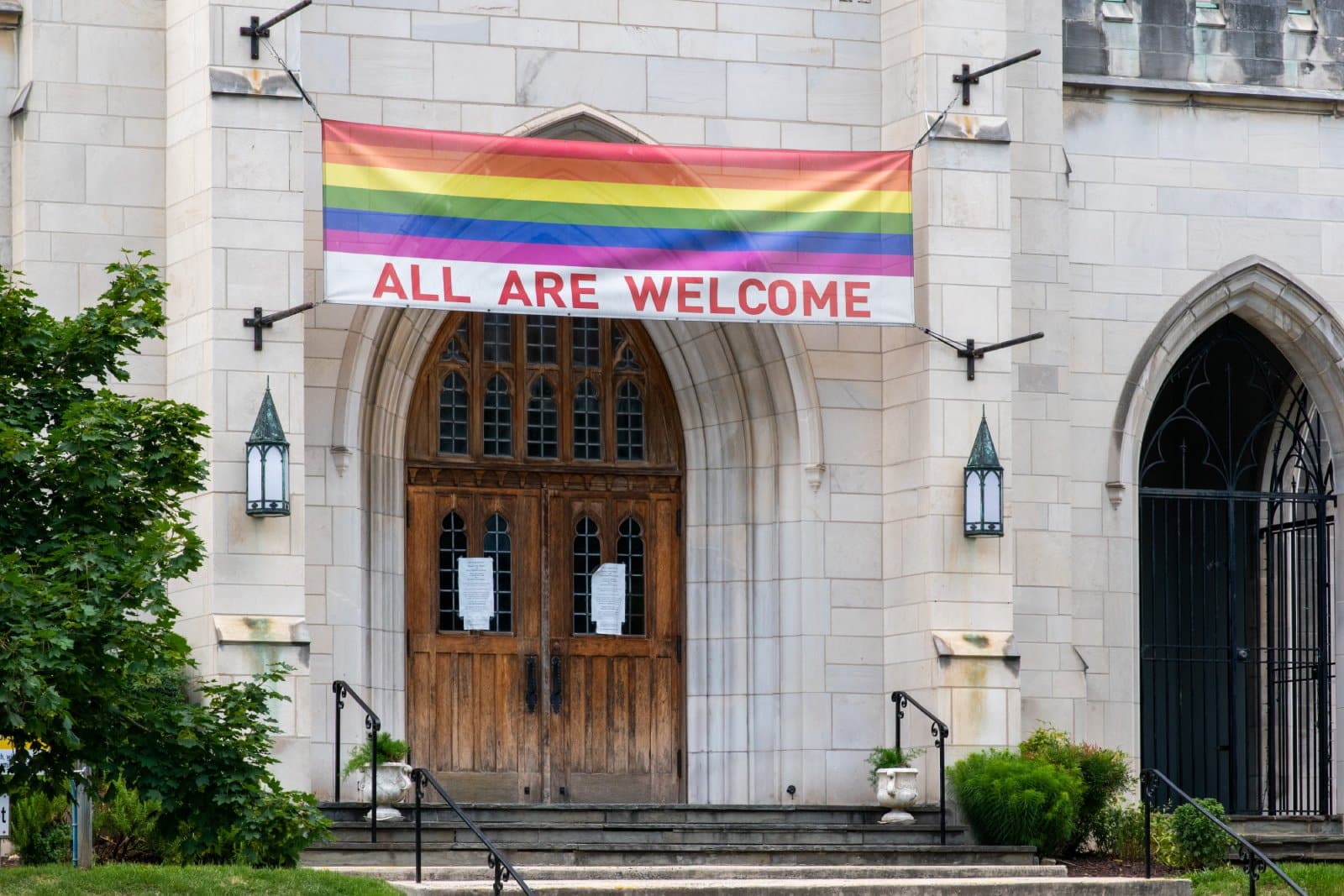
People today value inclusivity, and any sense of exclusion—whether based on beliefs, sexuality, or race—can be a major deterrent.
20. Fewer Tying the Knot
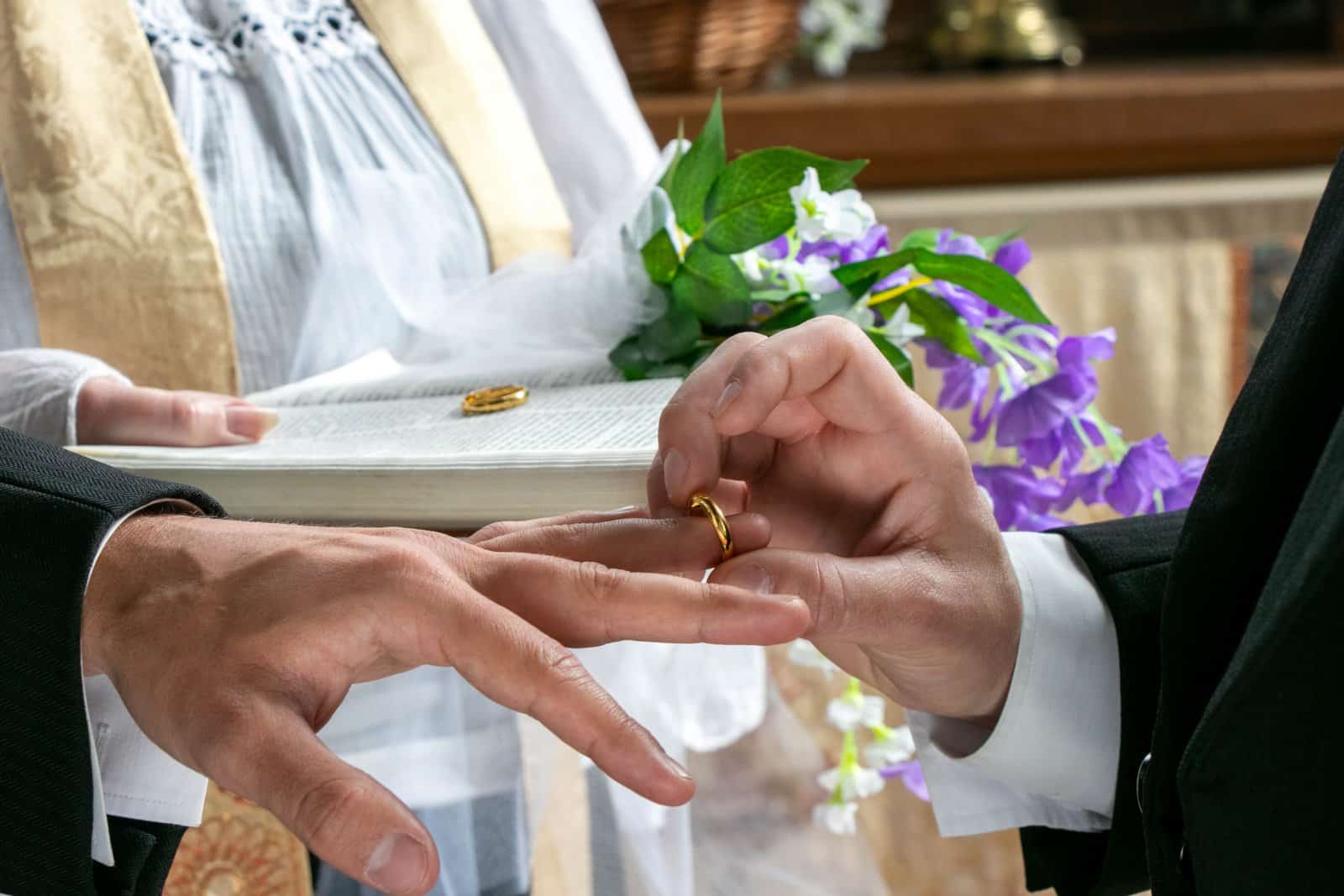
With marriage rates declining, fewer couples are walking down the aisle—and later, into a church together.
21. Prosperity Gospel Problems
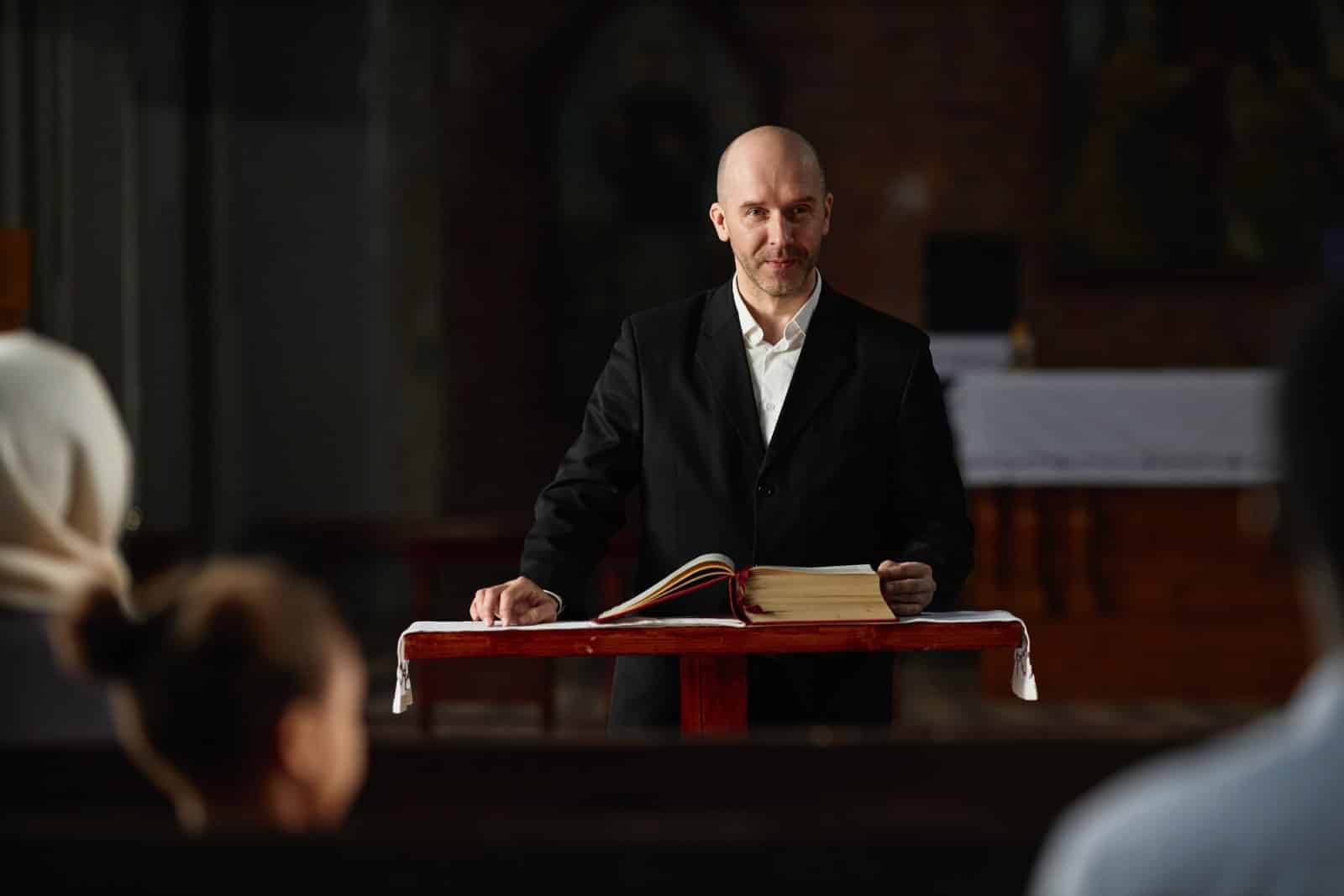
Some are turned off by churches preaching that faith always leads to financial success, seeing it as contrary to the core messages of humility and service.
22. Smarter Every Day

Higher education often encourages questioning and critical thinking, leading some to rethink their religious beliefs.
23. Secular Is Cool

Society is more accepting of those who choose a secular lifestyle, reducing the stigma of skipping church.
24. Busy, Busy, Busy

Between jobs, hobbies, and kids’ activities, finding time for church just isn’t as feasible as it used to be.
25. Shifting Priorities

Health, personal growth, and global issues often take center stage over traditional worship in many people’s lives today.
The New Face of Faith

It’s a complex mix of personal, social, and cultural reasons that’s leading more Americans to step back from traditional religion. Each story is different, but the trend is clear: for many, Sundays are changing.
21 Beliefs About the Bible That Are Actually False

The Bible is one of the most discussed and debated books in history, yet many common beliefs about it are more myth than fact. How many of these misconceptions have you heard before? 21 Beliefs About the Bible That Are Actually False
21 Subtle Racisms That Are Commonplace in America

Racism in America isn’t always overt; it often hides in plain sight through subtle actions and attitudes. How many of these subtle racisms have you noticed around you? 21 Subtle Racisms That Are Commonplace in America
Featured Image Credit: Shutterstock / godongphoto.
For transparency, this content was partly developed with AI assistance and carefully curated by an experienced editor to be informative and ensure accuracy.

